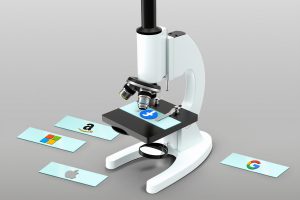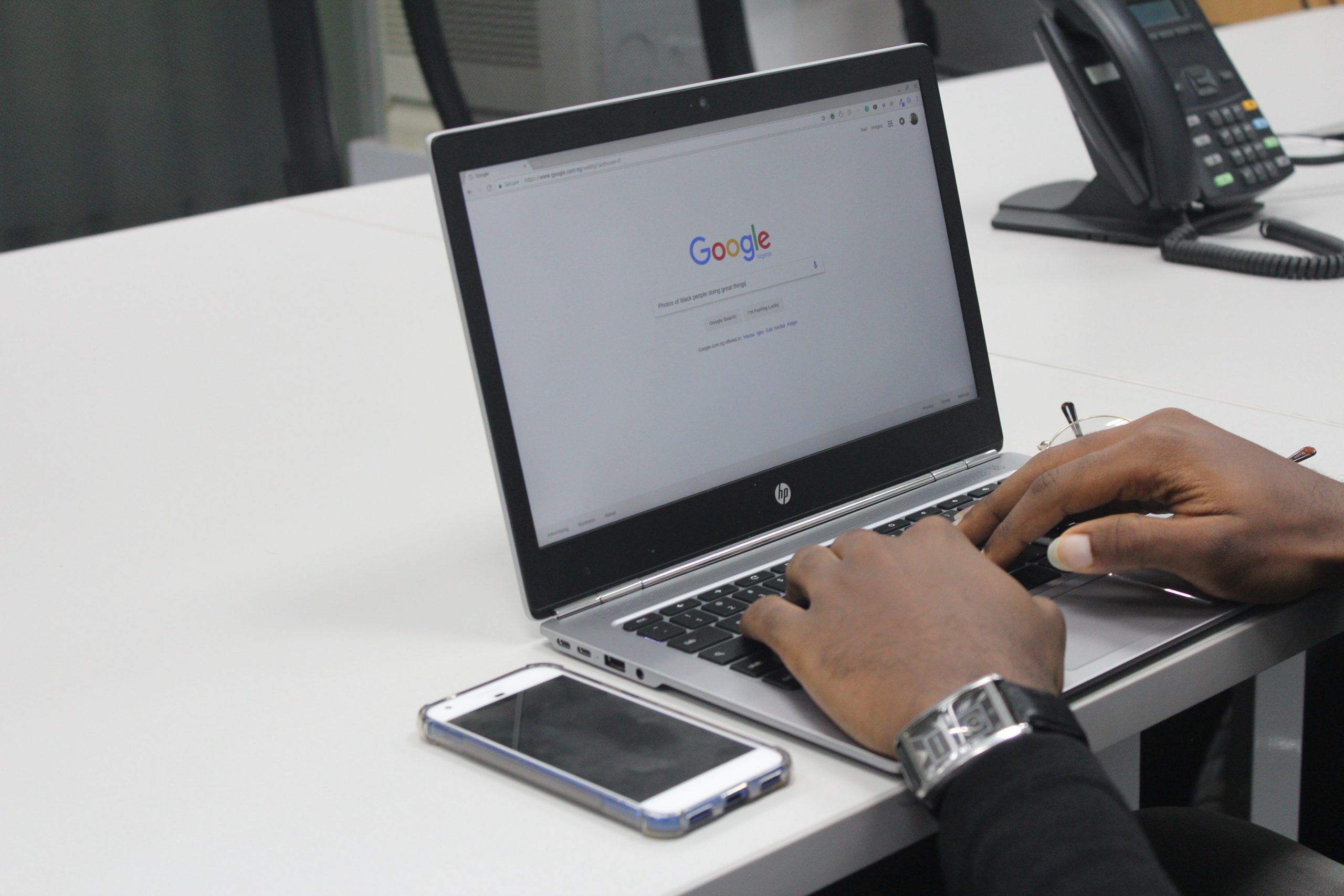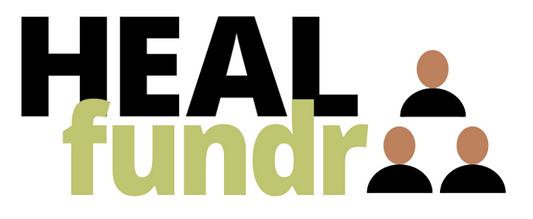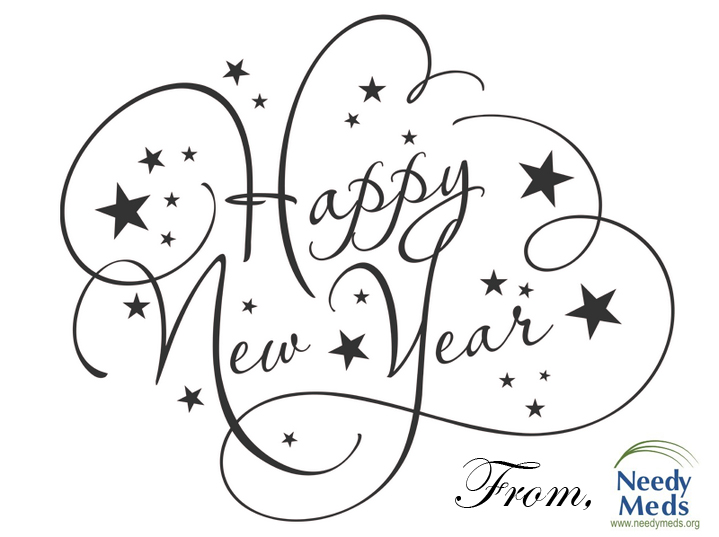Last Updated on April 21, 2021
This is Part 1 of a 2-part series.
The internet is full of medical information. Much of it is accurate and current, but some of it is inaccurate, out of date, misleading, biased, or downright advertising. Moreover, sometimes weird-sounding things actually work (for example, fecal transplants for C. difficile infections). On the other hand, there are perfectly seemingly logical solutions that are not effective (such as antibiotics for most ear infections).
However, accuracy is not the major problem with online medical information. The problem is that too many people use Dr. Google for self-diagnosis. While it may be tempting to use the internet as a way of avoiding going to a healthcare professional, it’s not really up to the task.
Many people seeking a diagnosis search their symptoms and look at the results as confirmation of their condition. In addition to possible misinformation, this eliminates the crucial role of the medical history and physical examination in the making of a diagnosis.
This approach is fraught with danger. While incorrect results can be falsely reassuring, they will more likely be exaggerated, especially for those who are prone to envisioning worst-case scenarios. For example, most symptoms searched could be cancer. When you expect the worst, you may be drawn down that rabbit hole. The reality is that there are very few symptoms specific to cancer and cancer is one of the last things to consider for most symptoms. Cancer is just the tip of the iceberg. There’s thousands of other common and rare diseases you likely don’t have to choose from.
Although using a symptom checker improves the chances of seeing the most likely diagnosis, the possible benefits are still low. Sorting out all the variables that contribute to making an accurate diagnosis requires training and experience on the part of healthcare professionals.
Complications begin when people go untreated or treat themselves based on their self-diagnosis. Delayed treatment may result in serious consequences, while inappropriate treatment may result in both unpleasant side effects and complications. This is especially true for people treating themselves based on an incorrect self-diagnosis.
Admittedly, many diagnoses are minor or obvious enough that a thorough and practical person can use Dr. Google effectively, especially those with well-established treatments. However, it is important to be cautious and check with a healthcare professional if there is not a very high level of certainty.
Limitations
There are many limitations to be aware of when making Google-based self-diagnoses.
Search engine protocols have a limited ability to prioritize medical information based on relevancy and the likelihood of the diagnosis. It’s common for medical searches to produce confusing and often conflicting results.
Not every website is useful, nor can they be trusted equally. Whether it’s the reliability of the information, the details of the symptoms, the protection of your privacy, or biases, you have to be careful.
There’s a saying in medicine: “When you hear hoofbeats, think horses and not zebras.” Another way to express this caution is that common diagnoses occur commonly and rare diagnoses occur rarely. Unfortunately, Google results can favor rare diagnoses over common conditions.
Unhelpful and Confusing Search Results
Even when used appropriately as an information source, there are still problems with internet searches. The accuracy and usefulness of search results are quite variable. The probability of a given website to be ranked high on the results list is based on many factors, including:
- The search engine used;
- The website’s previous hits;
- The number of connections to other websites;
- The number of keywords in the content;
- How long the website has been in existence;
- When the contents were last updated;
- What organization supports it;
- What products are being sold;
- The individual’s search history;
- The user’s location; and
- Whether the website has paid for high rankings on search engines.
Whether the information is relevant to the user and the reliability, detail, and clarity of the information may not factor into results.
Although the term Dr. Google is used, there are many search engines other than Google. The search methods, importance given to different signs and symptoms, and the weight given to different diagnoses may vary. The same input may result in different diagnoses on different platforms.
Even the search terms used may create problems. The way non-medical people use terms may be different from their medical meaning. For example, “the room is spinning” may be different from “dizziness” or the more specific term “vertigo.”
How the search string is phrased can either limit or overly broaden the results. For example, if “Why do I have a headache?” is searched without using quotes around the search, the engine may not even recognize this as a question and search all the individual terms.
Quirky Symptom Checkers
Healthcare providers train for up to 10 years before they practice independently and they are continually refining their skills. It’s unrealistic to assume anyone without this training and experience can make a proper diagnosis when presented with a list of possible diagnoses and a few internet sessions. Even newer AI-based or crowdsourcing tools are not as effective as a well-trained healthcare professional.
Self-diagnoses using Dr. Google can be completely wrong about 25%-42% of the time. This means that the correct diagnosis isn’t included in the top 20 possibilities on the results list. While 58%-75% of people seeing the diagnosis somewhere in a list sounds good, only about a third of those make a correct diagnosis, usually because their diagnosis is at the top of the list. Compare this to healthcare professionals who make correct primary diagnoses with 95%-96% accuracy.
Complex Information
Even if presented with accurate and appropriate information, it may not be presented in a way that the user can understand. Much patient education information is written in a complicated manner, especially when written by healthcare providers. It may be full of medical jargon and difficult scientific concepts. Users may come across scientific research in medical journals and other information written for healthcare providers that can feel like reading a foreign language or advanced textbook.
Misleading, Conflicting, and Inaccurate Information
 The world wide web is a free-for-all. Anyone can contribute. This includes an overwhelming amount of biased, unproven, and just incorrect medical information. Much of it is not monitored or peer reviewed. Some of this information can be misleading or inaccurate. The medical internet is very much a “Buyer beware” environment.
The world wide web is a free-for-all. Anyone can contribute. This includes an overwhelming amount of biased, unproven, and just incorrect medical information. Much of it is not monitored or peer reviewed. Some of this information can be misleading or inaccurate. The medical internet is very much a “Buyer beware” environment.
If one looks closely they will find that a significant amount of medical information presented online is not created or filtered by experts — especially blogs, forums, and chat rooms. Much of what’s on the internet is anecdotal — interesting, but doesn’t prove anything. This is especially true of alternative and complementary medicine sites, but can even be true for patient education sites and medical news stories about allopathic/Western/modern medicine.
It takes a lot of experience to distinguish between high-quality and low-quality information. Even anecdotal experience, opinions, marketing efforts, and blatant misinformation can be difficult to recognize.
When assessing quality it is especially important to look out for information that is:
- Poorly referenced and/or written by unqualified or unidentified authors;
- Dangerously out of date;
- Personal opinion or biased, such as celebrity endorsement or a self-proclaimed expert;
- Too good to be true; and/or
- Predominantly a sales pitch, such as content specific to an organization or product, especially if there are offers to buy it from the site.
Not surprisingly, the less accurate the web information, the less likelihood of finding the correct diagnosis. A 2017 study found that people got the correct diagnosis for theoretical patients an average of 43% of the time. When this was examined further they found that accuracy:
- Was reduced to 23% if people used information more likely to be incorrect; and
- Increased to 65% if people used information more likely to be accurate.
These issues are especially problematic where health, well-being, and life may be on the line. For people choosing to act on the results by treating themselves, a 2015 study found that Dr. Google gave inappropriate advice in 20% of emergency situations, 45% of non-emergency situations (where a medical visit would be appropriate), and 67% of situations that could be treated at home.
Resources
For those who rely on Dr. Google due to the initial cost of seeking out a healthcare provider, NeedyMeds has information for over 18,000 free/sliding-scale/low-cost clinics in the United States. Search your ZIP code for clinics in your area to find free or low-cost medical attention. NeedyMeds also lists nonprofit and government organizations that provide assistance based on diagnosis, some of which provide diagnostic screenings. For more help finding information, call our toll-free helpline Monday-Friday 9am-5pm Eastern Time at 1-800-503-6897.
Part two discusses possible hazards of consulting with Dr. Google.






1 Comment
Hi! I don’t think we’ve crossed paths before, though I certainly know the NeedyMeds name.
I don’t get the point of this post. I presume you’re aware of all the physician failures (some leading to death) that were improved (or might have been) through googling. Are you asserting that patients and families should never go googling, or just that people who do so should be mindful, the same as when they accept physician advice?